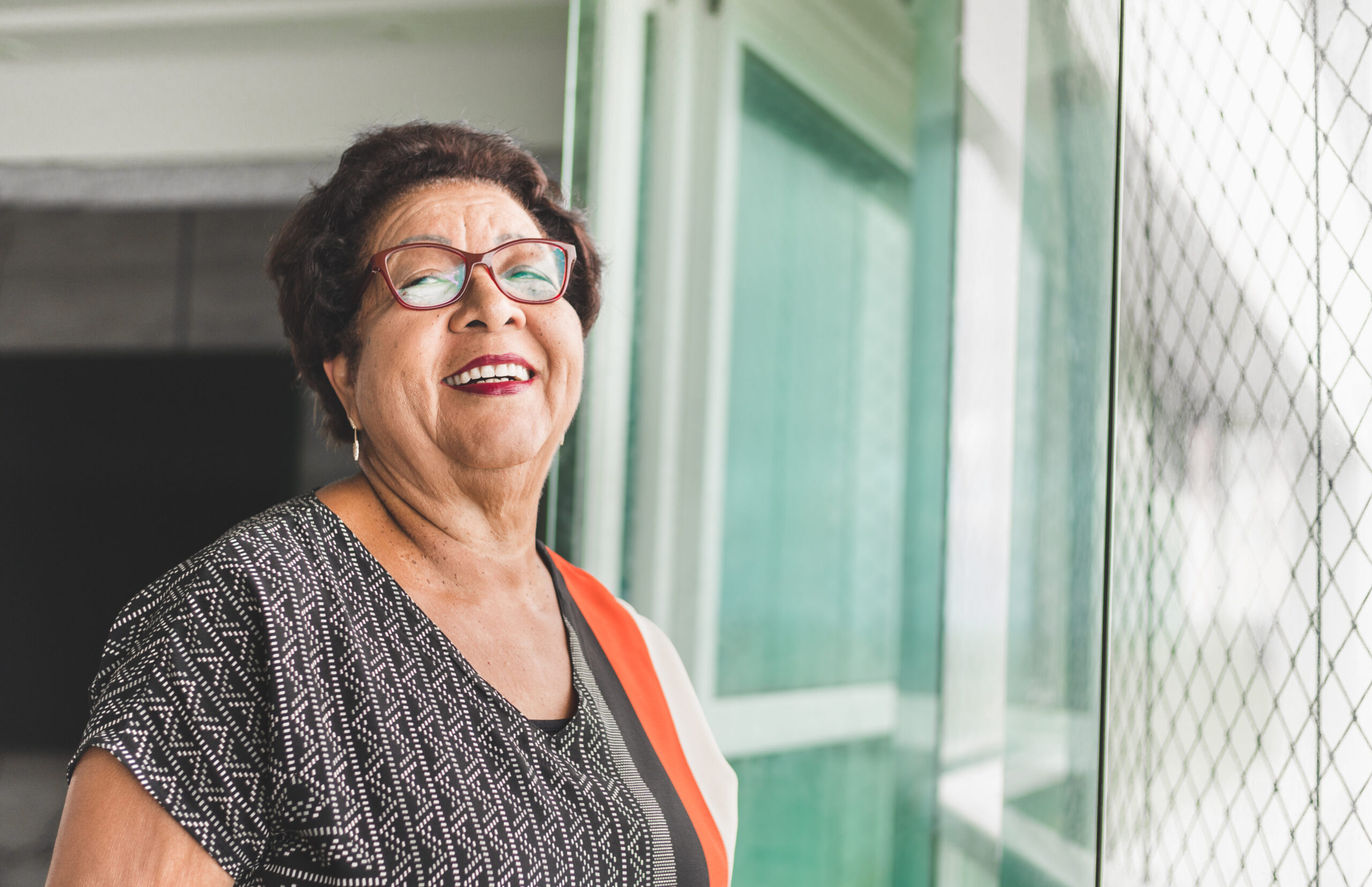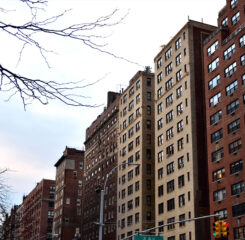On October 2, the Department of Housing and Urban Development (HUD) announced $160.1 million in awards to 25 nonprofit organizations, including 11 LeadingAge members, to build and preserve affordable housing for older adults with very low incomes through the Section 202 Supportive Housing for the Elderly program. This is the third round of awards since Congress revived funding for the program in 2018 after several years of zero funding for new Section 202 homes.
LeadingAge championed advocacy efforts to bring the Section 202 program back because of its unique attributes: households’ incomes are never too low to live in Section 202 housing; rent for each household is based on that household’s income and fluctuates as necessary to continuously provide affordable, stable housing; about half of existing and all newly awarded Section 202 communities have service coordinators who connect residents to the services and supports needed to successfully age in community.
Only nonprofit organizations are eligible for Section 202 awards. The awards have two parts. First, capital advance funding that helps covers the cost of developing, acquiring, or rehabilitating the housing. Repayment is not required as long as the housing remains available for occupancy by very low income older adults for at least 40 years. Second, Project Rental Assistance Contracts (PRACs), which are renewable project-based funding contracts to cover the difference between residents’ contributions toward rent and the cost of operating the project.
The October 3 announcement provides funding to facilitate the construction and operation of 1,262 new deeply rent-assisted, 202/PRAC units for older adults with very low incomes (income less than 50% of area median income). Several grantees will create mixed-income communities, building 526 additional affordable and market-rate units as part of these funded projects for a total of 1,788 homes.
“HUD is committed to addressing homelessness with urgency and ensuring everyone, including our nation’s seniors, has access to quality affordable housing,” HUD Secretary Marcia L. Fudge said in a statement. “The funding announced today shows the Biden-Harris Administration is investing in Americans at every stage in life, working tirelessly to do everything we can to make sure older adults have the resources they need to stay housed and safe, especially as we witness a troubling rise in homelessness among seniors.”
“HUD’s Section 202 Supportive Housing for the Elderly program, unique for its focus on older adults and a demonstrated success in ensuring positive outcomes, is a program we fought hard to revive. We’re thrilled that these funds are being distributed, and proud to support our members around the country who serve low-income older adults in affordable housing communities,” said Katie Smith Sloan, president and CEO, LeadingAge, said in our statement.
There is a severe shortage of affordable housing for older adults with very low incomes. According to the latest HUD data, in 2021 there were 2.35 million older adult renter households with very low incomes who spend more than half of their incomes for housing. This number increased by one million households since 2009. Over the same period, unsurprisingly, the United States has seen a dramatic increase in homelessness among older adults.
LeadingAge congratulates all new Section 202 grantees and vows to continue to advocate for the greatest possible funding for this program to meet the needs of as many older adults as possible.
In its fiscal year 2024 HUD funding bill, the House Committee on Appropriations has $25 million for intergenerational new Section 202 housing; the Senate Committee on Appropriations has $152 million.

 Shutdown Week Three: Impact of Ongoing Closure on Affordable Housing
Shutdown Week Three: Impact of Ongoing Closure on Affordable Housing


